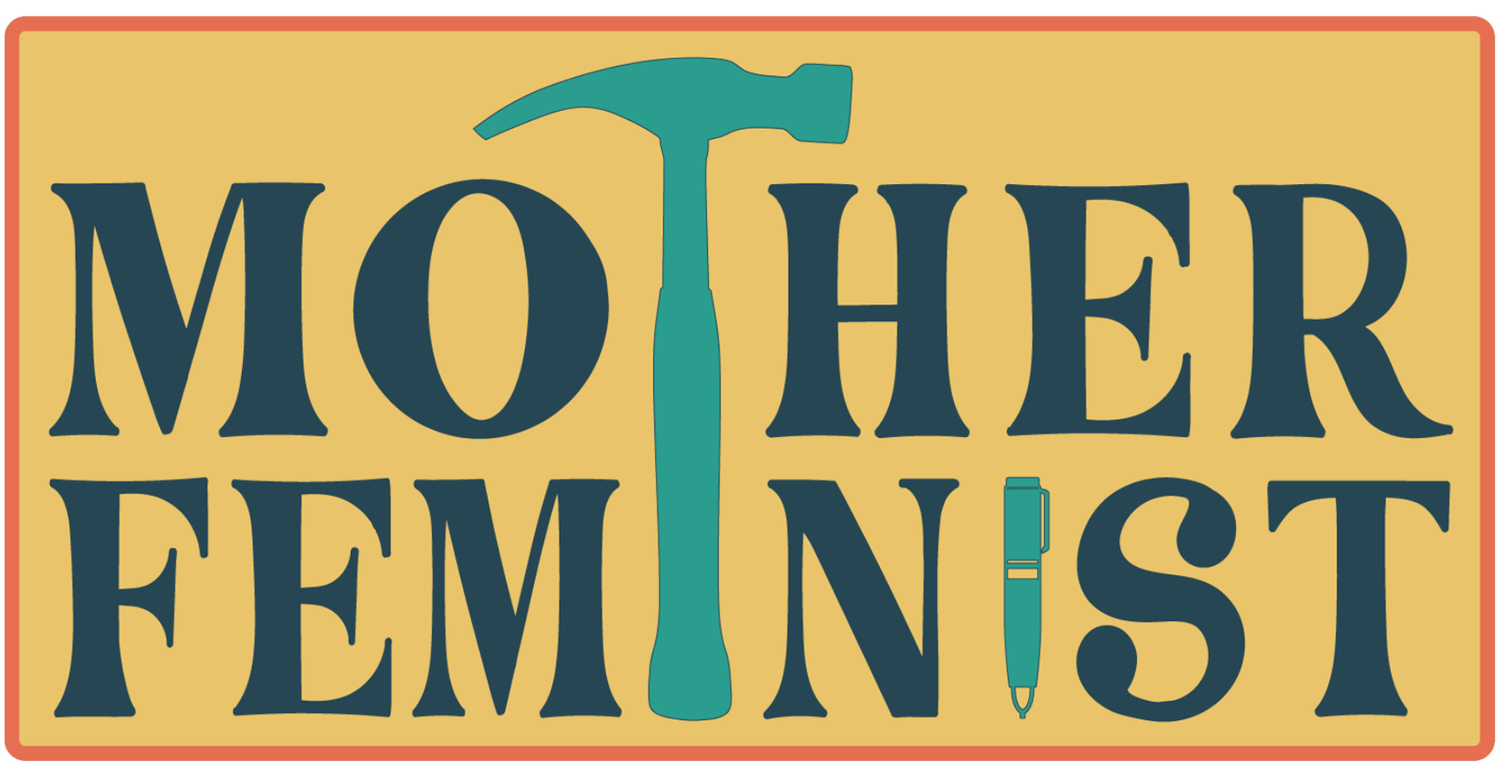What is Feminism?
Feminism has a lot of different meanings to a lot of different people, not all of them good.
I know this because some of my favorite women preface their beliefs with “I’m not a feminist but…” While many of my least favorite men use the word as an insult, combining it with other nefarious terms like “Feminazi.”
There’s a wide misperception among anti-feminists that feminism means rejecting traditionally feminine roles or most commonly hating men.
There’s a parallel perception among pro-feminists that it means denying the traditional femininity in us all, while proving that women can “out-men the men.”
None of that is accurate.
Feminism isn’t about women making the right set of choices (traditional or otherwise) - it’s about women having choices and having the freedom to make those choices based not on what society (or the government) says they should do, but based on what makes sense for their lives and their values.
It’s not about hating men - how could I hate men? I have a male partner and a son!
It’s about hating a system that prioritizes the “masculine” at the expense of the “feminine” - which is not only damaging to women, but men too.
It’s not about rejecting traditional roles of women, it’s about rejecting the idea that these roles are sacred responsibilities - to be upheld in their rigid entirety by women, and it’s about rejecting the idea that these roles in society are less valuable or impactful than the roles traditionally played by men.
It’s certainly not about women behaving like men. That simply reaffirms the dangerous idea that masculine is inherently better than feminine. In fact, it’s about valuing traditional feminine roles more.
Years ago I had a conversation with a boss who told me that his problem with “feminist like me” was that I looked down on women like his wife who chose to stay at home and primarily raise children. I challenged him on that.
I explained that even though I was single, with no kids, and in the middle of a successful career with the Marine Corps, I thought her decision was not only ok, but of equal importance and value to society.
I asked him if he thought the same. “Of course!” he claimed. “And if your wife wanted to pursue a career after your retirement, you’d fill that same role, right?”
“Absolutely not, that’s a role for women.”
What was squeezed in between those responses was the implication that being a mother and homemaker was good enough for his wife, but not good enough for him, a man.
It’s not even primarily about the individual choices we make (as long as we have them) - stay at home, work from home, work outside the home - that’s not the core of the movement.
Feminism, as all “isms” are, is about the big ideas, the structures, those built and affirmed by laws, religion, culture, and even biology and how they limit those individual choices.
The goal here is not for women to stop and ask themselves “what would a feminist do?” because the answer to that question is always “whatever she thinks is best.”
Years ago I sat in a strip mall parking lot with a lifelong friend, smoking cigarettes and listening to Trina (go ahead, judge) and she asked me if I thought we had always been feminists.
We thought about it for a minute - it made sense.
We had always thought we were equal to men. We intuitively knew that things like school dress codes were discriminatory towards women, but ultimately we didn’t have a word for it.
We didn’t have structure around why these things were problematic or how to go about changing them. So no, I responded, I don’t think I was born a feminist - because feminism requires three things.
The recognition that the way women and men (and subsequently the ideas of feminine and masculine) are treated and valued in society are different.
A belief that this is a problem in society.
A commitment to changing the structures, laws, and culture that maintain that unequal treatment and value.
That’s it. Those are the requirements for feminism, and those are the goals for this space - to make more feminists.
Whether those feminists are mothers, fathers, aunties, uncles, blissfully unattached, empty-nesters, or future parents, we need you all.
So join us, share your ideas, your experiences, and your challenges. We don’t have to think the same to be fighting the same fight. In fact, it’s best if we don’t.
Diversity allows us to reach deeper in our communities and to reach deeper in ourselves. It allows us to examine, refine, or even change our own decisions, to break harmful cycles, and to create new paths for us all.

